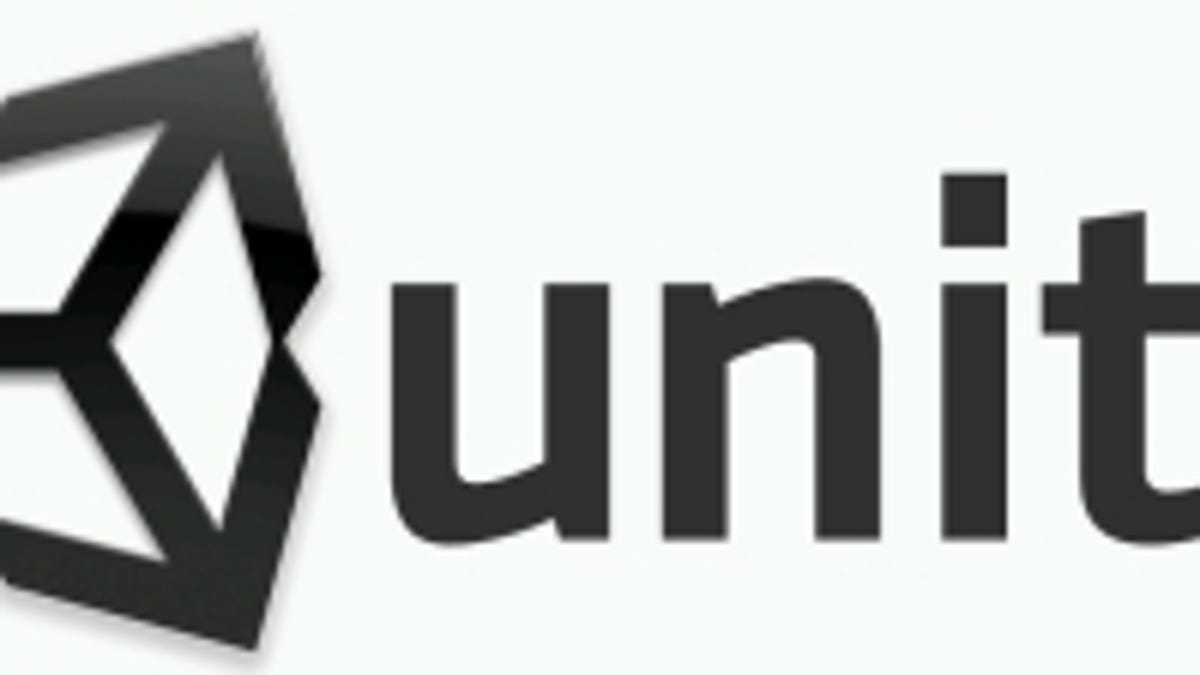Unity 4 gives game coders animation, Flash, Linux support
A coming beta version of the cross-platform programming tool will extend to new software environments including Linux PCs, Flash-enabled browsers, and Windows systems with DirectX 11.

Unity Technologies, maker of a widely used video-game engine, today announced that its fourth-generation product will introduce new animation technology and extend its support for Adobe Systems' Flash Player, Linux, and Microsoft's DirectX 11.
The game engine brings physics simulations and other tools to programmers -- especially those who want to reach multiple computing systems. Such "cross-platform" developer tools are a good fit for today's world: Unity games can be adapted for Windows, OS X, iOS, Android, Xbox, PS3, Wii, and the Web, though adjustments are necessary for performance and interface differences.
Unity 4 will be available for preorder today and delivered in beta form in coming weeks to those who pay up, Chief Executive David Helgason said.
It will extend in some new directions:
• The built-in Mecanim tool, acquired last year, for animating things like 3D character actions. Animators also can sell their work in Unity's asset store, a sales channel for pre-fab items that game developers might need such as grungy wall textures and realistic trees.
• Support for Linux PCs. "There is is surprisingly big underserved market when comes to Linux gaming," Helgason said, so the company is bringing its Linux support out of the lab. "It's not the hottest [market], but it's very significant installed base on the desktop and on laptops."
• DirectX 11 support for Windows machines. This will permit much higher-end games -- so called AAA -- on Windows.
• Support for Adobe's Flash Player, a project that already has been in beta since last December and that will work with version 11.2 or later. Although there's a strong movement to rid the Web of this browser plug-in, most notably on mobile devices, it's still widely used on PCs. To those who say Flash is dead, Helgason responds, "I have a problem with that...Frankly, maybe it will, but for this year and next year and the year after, Flash will still be huge."
Unity also lets people target Google's Native Client technology for browser games that run directly on x86 processor-based hardware. It's also working on WebGL, though it's available only for Chrome and Firefox and isn't as useful as Native Client or Flash.
And Unity has its own plug-in for Web games. It's installed by about 130 million people, but for most folks, it can stand in the way of using a game. For example, visiting the Web site for Blush by Flashbang Studios triggers a message, "You're just one click away from playing Blush. You need the Unity Player to play Blush. You should click here to install." A browser distribution deal in Asia should increase installations to about 400 million by the end of the year, though, Helgason said.
Unity, up to 200 employees now, has generally been profitable for years by selling its developer tools, though it dipped into the red one quarter last year after some heavy expenses. "We've been accelerating the entire thing," he said.
The San Francisco-based company offers a free version of its basic tool, a $1,500 pro version, and add-on options for Android and iOS programming.
Unity is used very widely. Newer games built with it include Escape Plan by FunBits, BladeSlinger by Luma Arcade, Battlestar Galactica by BigPoint, Jelly Defense by iDreams, Rochard by Recoil Games, Mini Motor Racing by the Binary Mill, Shadowgun: Deadzone: by MadFinger, and Pid by Might and Delight.
Helgason wouldn't commit to a ship date for the final version of Unity 4, but at a minimum the company plans to demonstrate it at its Unite 2012 developer conference in August in Amsterdam.

